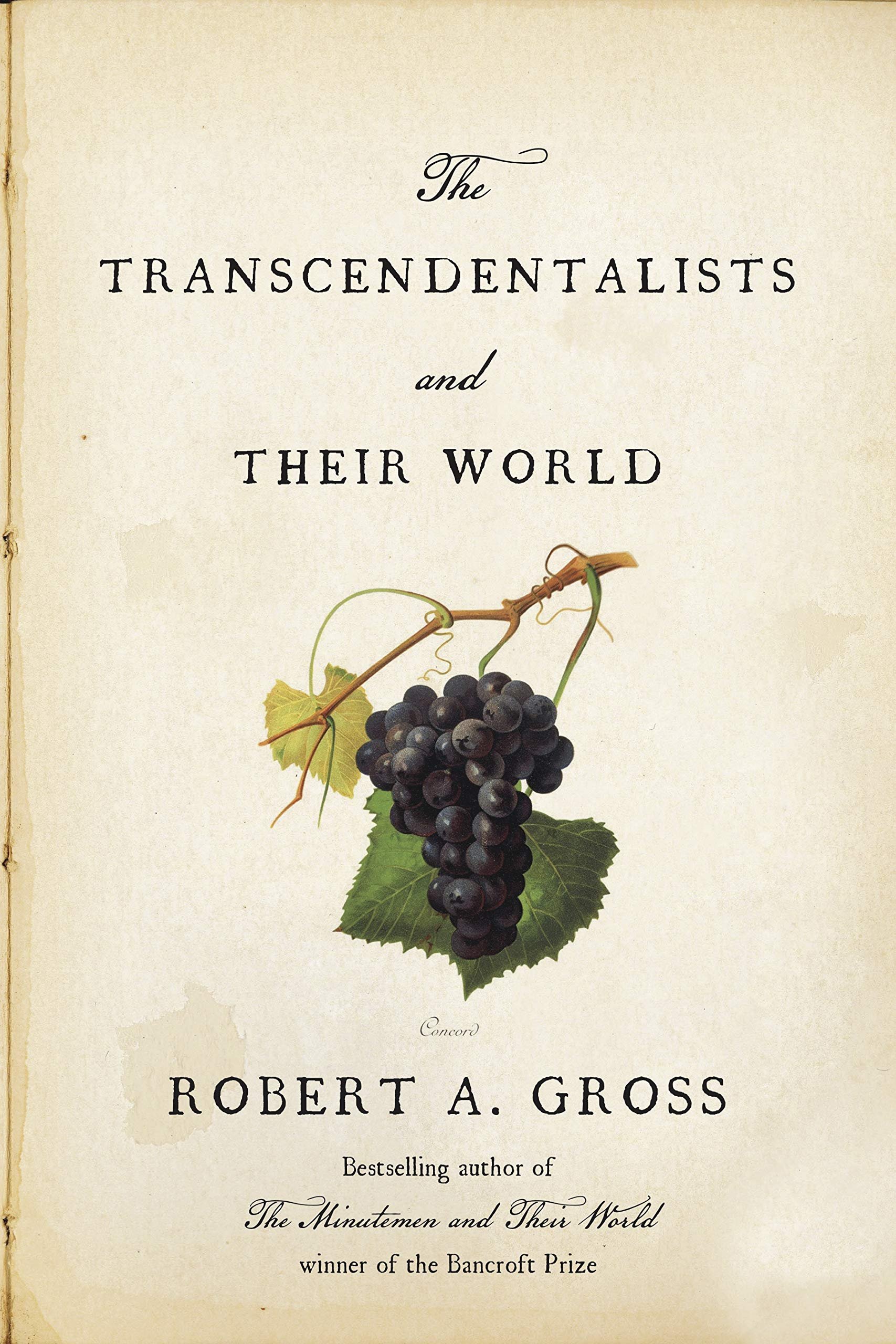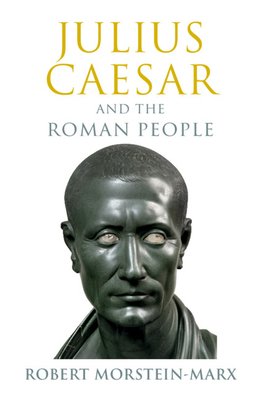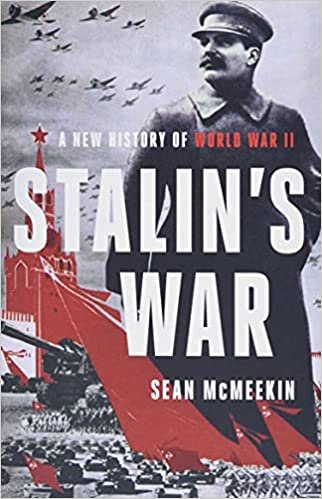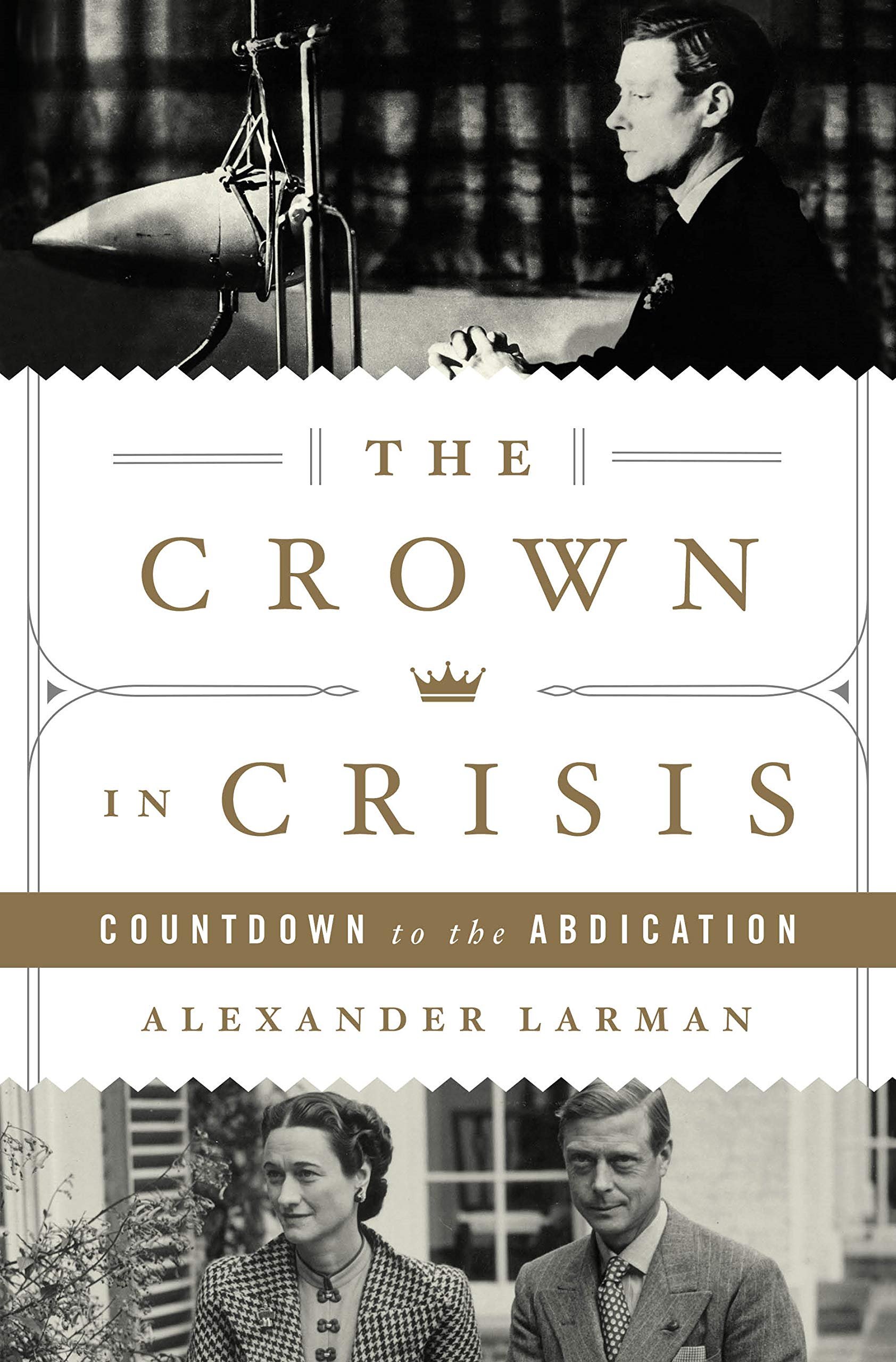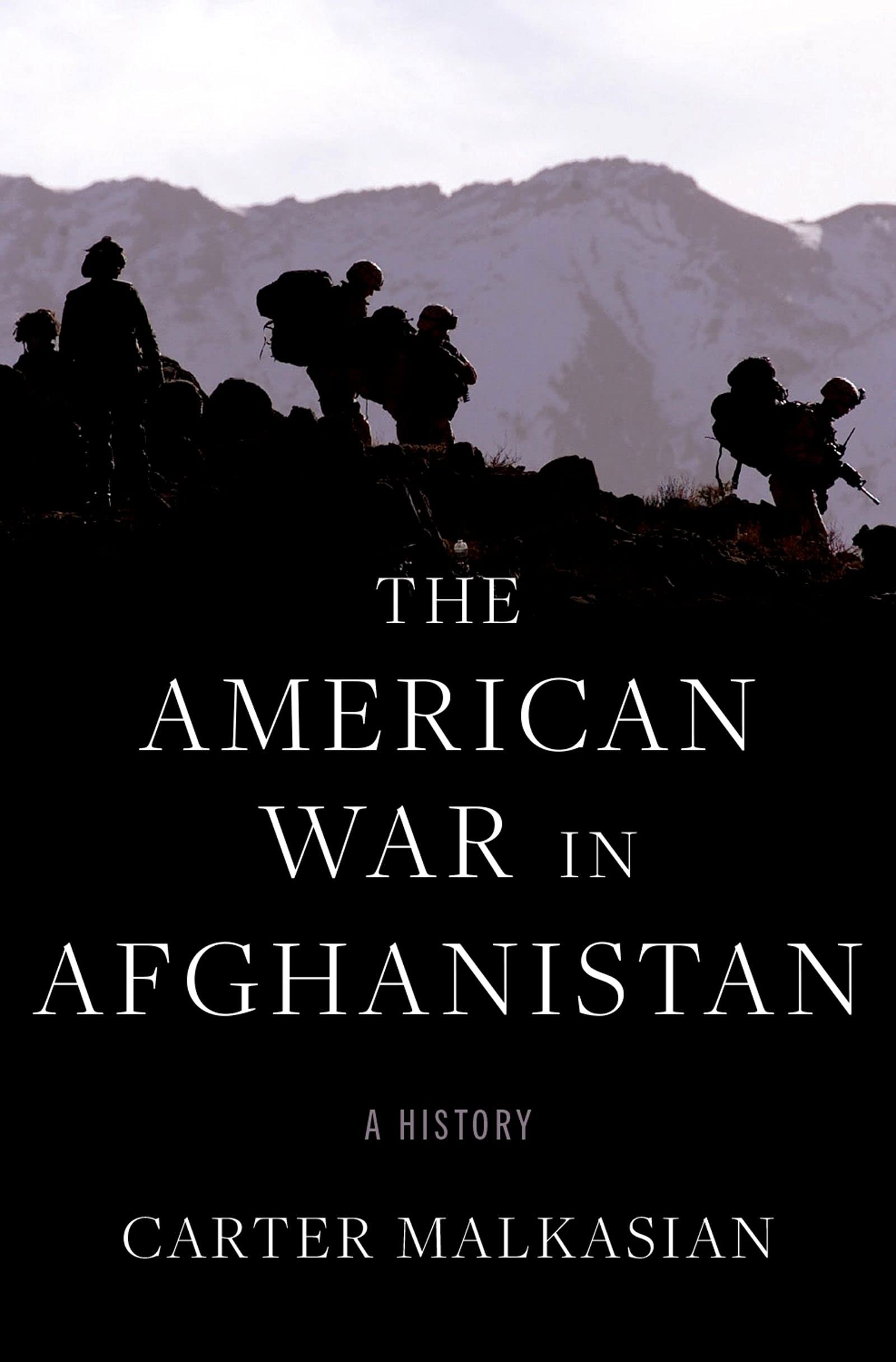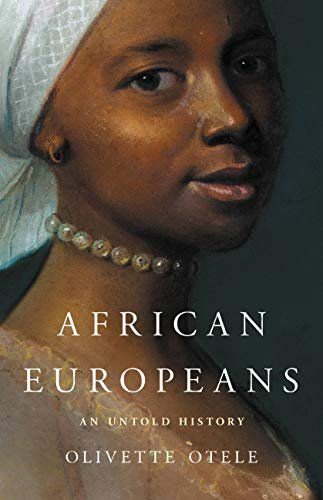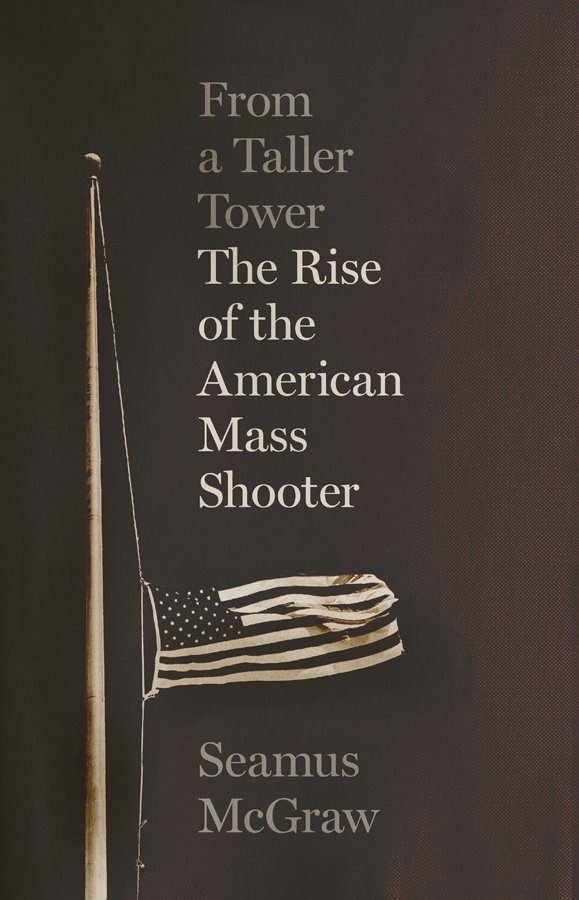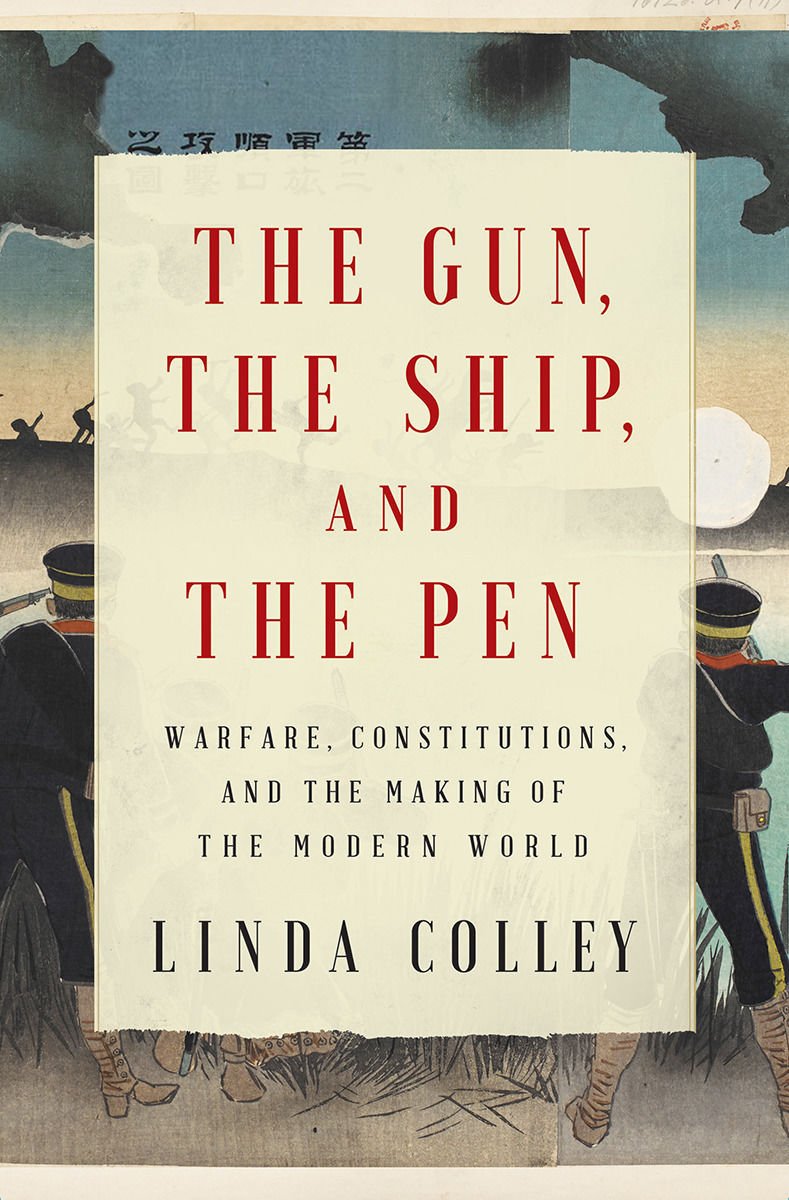The Best Books of 2021: History
/This year started off deceptively slow and unpromising when it came to works of serious history, but at the half-way point it picked up considerable momentum and started fielding exactly the kinds of big, comprehensive volumes I’d like to see all year, volumes that challenge the status quo and make serious bids for places in my permanent collection. These works came from popular presses, academic presses, and specialty presses, and I read the lion’s share of them. These were the best of the bunch:
10 The Transcendentalists and Their World by John A. Gross (FSG) – John Gross here creates a big, absorbing rendition of Concord and environs in the time of Hawthorne, Emerson, Thoreau, and the Alcotts, an insightful re-assessment that will make individual biographies of these main players read differently from now on.
9 Julius Caesar and the Roman People by Robert Morstein-Marx (Cambridge University Press) – The author’s intentionally iconoclastic re-assessment of Julius Caesar - not the power-hungry social climber willing to wreck his own society in order to rule it but rather a populist thwarted by corrupt institutions. Whether or not this new angle works, the book is a thrillingly intelligent reading experience.
8 Stalin's War: A New History of World War II by Sean McMeekin (Basic Books) – Sean McMeekin’s book is likewise at heart a reassessment, this time seeking to put Stalin and his Russia at the heart of WWII, rather than Hitler and the West. And again, whether or not McMeekin completely convinces, his book is a terrific, challenging read.
7 Teaching Machines: The History of Personalized Learning by Audrey Watters (MIT Press) – The earliest beginnings of educational technology (long before YouTube) might seem an unlikely subject for involving, first-rate history, but Audrey Watters fills her story with deep research and a gallery of fascinating characters, crazy schemes, and revolutionary ideas.
6 The Crown in Crisis: Countdown to the Abdication by Alexander Larman (St. Martin's) – In these pages, Alexander Larman gives the Abdication Crisis, in which England’s King Edward VIII gave up his throne in order to marry a twice-divorced American, its best, most nuanced treatment it’s had since The Windsor Story over half a century ago.
5 The American War in Afghanistan by Carter Malkasian (Oxford University Press) – America’s longest war here gets what is surely its first definitive treatment in Carter Malkasian’s judicious, austerely readable one-volume history of the causes, the men and women, and the dismal politics on all sides of the conflict.
4 African Europeans: An Untold History by Olivette Otele (Basic Books) – The long history of Africans in Europe, often relegated to footnotes or exceptional cases in broader narrative histories, is here given a richly-detailed examination that, like so many books on the list this year, invites a fundamental re-reading of the whole subject.
3 From a Taller Tower: The Rise of the American Mass Shooter by Seamus McGraw (University of Texas Press) – The subject of Seamus McGraw's important book is brutal in every way: the rise of mass shooters in America since the 1960s. The author does a grimly amazing job, not only recounting incident after incident but thinking about them in genuinely insightful ways.
2 The Doctors Blackwell: How Two Pioneering Sisters Brought Medicine to Woman and Women to Medicine by Janice Nimura (WW Norton) – In this powerful and wonderfully readable history, Janice Nimura presents Elizabeth and Emily Blackwell, two passionate, opinionated trailblazers for women in medicine in America.
1 The Gun, the Ship, and the Pen: Warfare, Constitutions, and the Making of the Modern World by Linda Colley (Liveright) – Linda Colley’s central contention in this, the best History of 2021, is as simple as it is eye-opening: that the fundamentally odd concept of written constitutions has been the seedbed of the entire modern world. This eloquent and energetic book will reset the way you think about laws in history.


